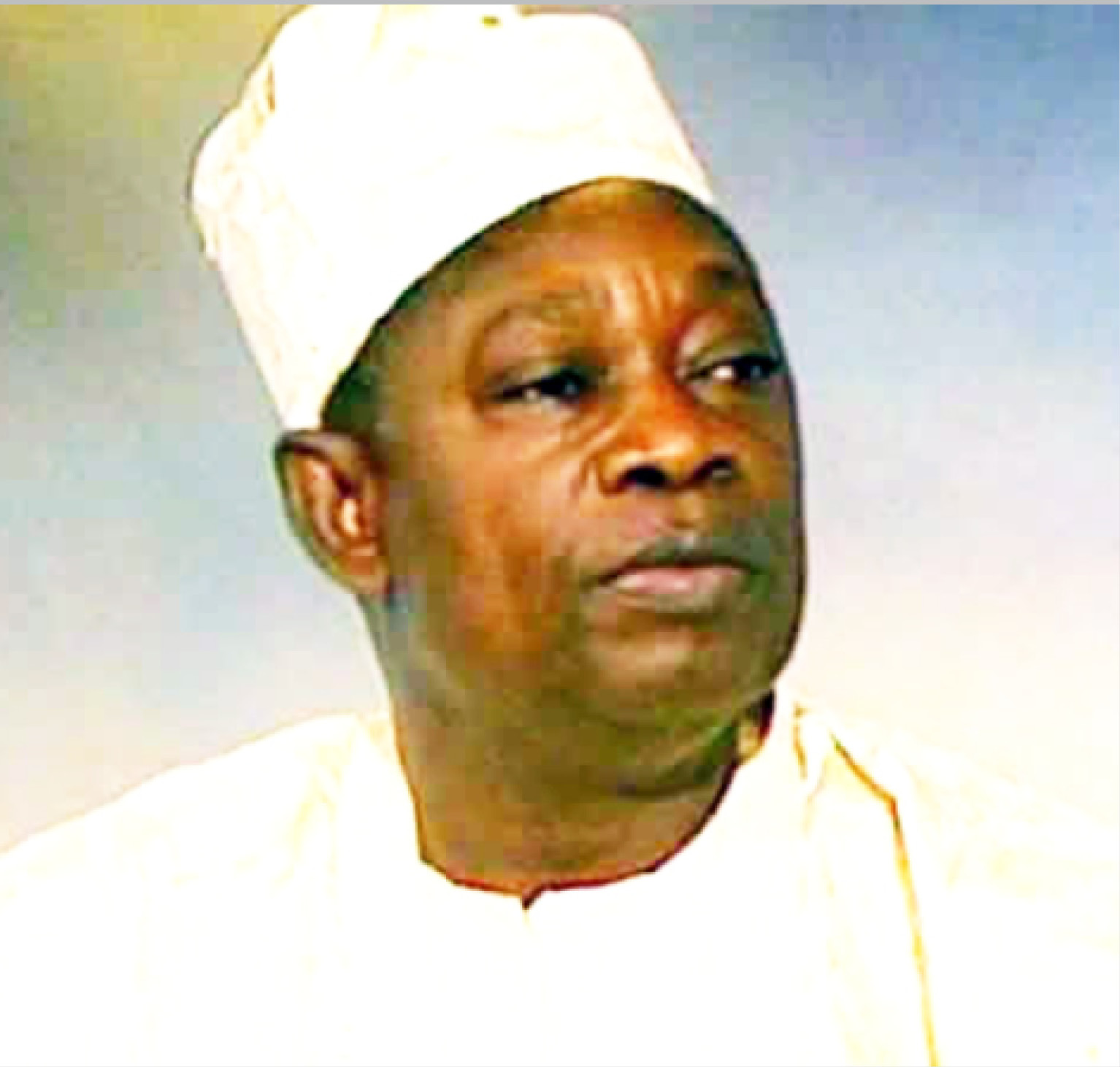Annulled June 12 election, four other historic setbacks in Nigeria’s democracy
It is exactly 30 years today since the June 12 1993 presidential election won by late Moshood Kashimawo Olawale (MKO) Abiola. Despite being widely adjudged as freest and fairest election in Nigeria’s history, the poll was annulled by the military regime of General Ibrahim Badamasi Babangida (retd), thereby creating another major setback in enthroning democratic […]

It is exactly 30 years today since the June 12 1993 presidential election won by late Moshood Kashimawo Olawale (MKO) Abiola.
Despite being widely adjudged as freest and fairest election in Nigeria’s history, the poll was annulled by the military regime of General Ibrahim Badamasi Babangida (retd), thereby creating another major setback in enthroning democratic rule in the country.
It took many years before Abiola’s victory was recognised by the administration of the immediate past President Muhammadu Buhari, who set aside June 12 as Democracy Day and national holiday.
Aside from the June 12 debacle, Nigeria witnessed several moments of military interregnum that truncated democracy and the rule of law. Daily Trust highlights some of such major setbacks in history.
FULL SPEECH: Tinubu’s maiden Democracy Day Broadcast
Democracy Day: Bear with me on subsidy removal, Tinubu tells Nigerians
1966 coup d’état
In less than six years into Nigeria’s fledgling independence, the military in a coup led by Major General Johnson Aguiyi-Ironsi on January 15, 1966 toppled the Sir Tafawa Balewa administration.
Balewa, who was Prime Minister, and other government leaders were murdered. His corpse was discovered at a roadside near Lagos six days after his government was overthrown.
His assassination triggered riots throughout Northern Nigeria and consequently led to the bloody counter-coup of July 1966 that brought in General Yakubu Gowon.
General Murtala Muhammed-led 1975 coup
The long break from the democratic rule continued in July 1975 when Brigadier (later General) Murtala Muhammed succeeded Gowon in a bloodless coup. About six months later, another coup attempt led to the assassination of Muhammed by Buka Suka Dimka.
Muhammed’s second-in-command, General Olusegun Obasanjo, then succeeded him as head of state, sustaining the reign of military rule.
Return of Democracy
Nigerians heaved a sigh of relief from the military regime in 1979 as the election which produced Alhaji Shehu Shagari birthed a Second Republic.
It appeared democracy had come to stay when Shagari contested and won second term in 1983, only for the rule of law to be usurped by a fresh coup d’état which produced General Muhammadu Buhari.
Successive military regimes
Buhari ruled for two years until 1985 when he was overthrown by General Ibrahim Babangida, who later turned out to be the longest serving military ruler.
Babangida promised a return of democracy when he seized power, but ruled for eight years, when he temporarily handed power to the interim head of state Ernest Shonekan in 1993 a few months to the June 12 presidential election which was eventually annulled.
In 1993, General Sani Abacha overthrew Shonekan-led interim government, bringing a new Third Republic to an abrupt end. Abacha ruled until his death in a mysterious circumstance in 1998 and was succeeded by the then Chief of Defence Staff, General Abdulsalami Abubakar who was in power for one year before Nigeria returned to democracy in 1999.
In his Democracy Day speech on Monday, President Bola Ahmed Tinubu noted that the abortion of the June election victory was “the seed that germinated into the prolonged struggle that gave birth to the democracy we currently enjoy since 1999.”
The President urged Nigerians to rededicate themselves to strengthening democracy “that has been our guiding light these past 24 years.”
“In particular, those of us who have been privileged to be elected into public offices at various levels in both the executive and legislative arms of government must recommit ourselves to offering selfless service to the people, and delivering concrete democracy dividends in accordance with our electoral promises,” he added.
